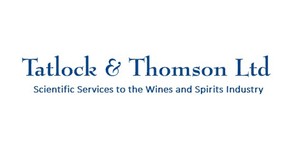
This employer's advertising campaign on Gradcracker has now closed.
If you click here to
Follow
them the Gradcracker Alert Service will let you know when they re-open.
As you already Follow them the Gradcracker Alert Service will let you know when they re-open.